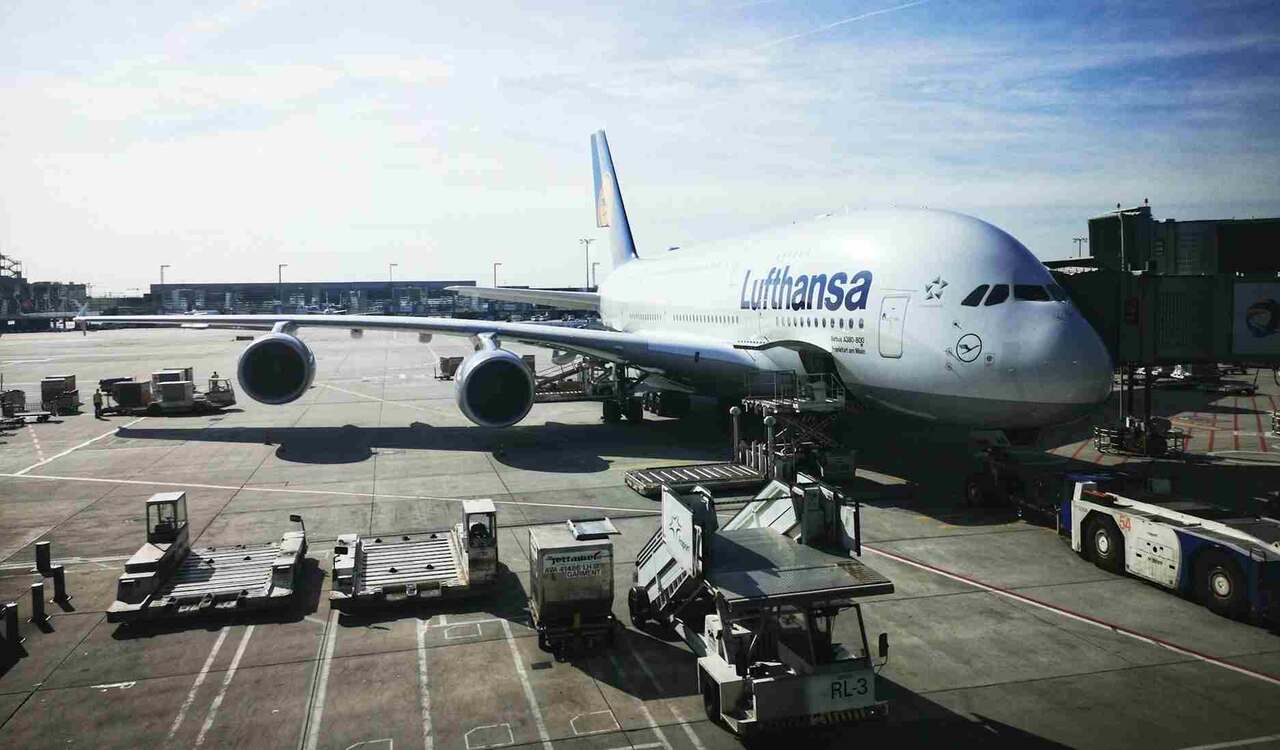The aviation industry is a complex and intricate network of services that work in tandem to ensure the smooth operation of air travel. One of the most critical components of this network is ground handling services, which play a vital role in the overall passenger experience. Ground handling services providers are responsible for a wide range of activities that take place on the ground, from passenger check-in and baggage handling to aircraft servicing and cargo management. In this article, we will delve into the world of ground handling services providers, exploring their role, responsibilities, and the benefits they bring to the aviation industry.
What are Ground Handling Services Providers?
Ground handling services providers are companies that offer a range of services to airlines, airports, and other aviation stakeholders. These services are designed to support the efficient and safe operation of air travel, from the moment a passenger arrives at the airport to the moment the aircraft takes off. Ground handling services providers can be categorized into two main types: airline handling agents and independent ground handlers.
Airline handling agents are companies that are owned and operated by airlines, providing ground handling services exclusively to their parent airline. Independent ground handlers, on the other hand, are third-party companies that offer their services to multiple airlines and airports.
Services Offered by Ground Handling Services Providers
Ground handling services providers offer a wide range of services, including:
- Passenger Handling: Check-in, baggage handling, boarding, and deplaning of passengers.
- Baggage Handling: Loading, unloading, and transportation of baggage between the terminal and the aircraft.
- Aircraft Servicing: Fueling, cleaning, and maintenance of aircraft.
- Cargo Handling: Loading, unloading, and transportation of cargo between the terminal and the aircraft.
- Ramp Handling: Marshaling, towing, and pushback of aircraft.
- Catering: Provisioning of food and beverages to aircraft.
- Security: Screening of passengers, baggage, and cargo.
- Ground Transportation: Transportation of passengers and crew between the terminal and the aircraft.
Benefits of Ground Handling Services Providers
Ground handling services providers bring numerous benefits to the aviation industry, including:
- Increased Efficiency: Ground handling services providers streamline airport operations, reducing turnaround times and increasing the overall efficiency of air travel.
- Cost Savings: By outsourcing ground handling services, airlines can reduce their operational costs and focus on their core business of flying.
- Improved Safety: Ground handling services providers are trained to handle complex airport operations, reducing the risk of accidents and incidents.
- Enhanced Passenger Experience: Ground handling services providers ensure that passengers receive a seamless and comfortable travel experience, from check-in to arrival.
- Flexibility and Scalability: Ground handling services providers can adapt to changing airline schedules and passenger demand, ensuring that airport operations remain flexible and scalable.
Challenges Faced by Ground Handling Services Providers
Despite the benefits they bring, ground handling services providers face several challenges, including:
- Regulatory Compliance: Ground handling services providers must comply with a complex web of regulations and standards, including safety, security, and environmental regulations.
- Staffing and Training: Ground handling services providers must recruit and train staff to handle complex airport operations, ensuring that they are equipped to handle emergency situations.
- Infrastructure and Equipment: Ground handling services providers must invest in specialized equipment and infrastructure, including baggage handling systems and aircraft servicing equipment.
- Weather and Seasonal Fluctuations: Ground handling services providers must be prepared to handle weather-related disruptions and seasonal fluctuations in passenger demand.
Conclusion
Ground Handling Services Providers play a critical role in the aviation industry, providing a range of services that support the smooth operation of air travel. By outsourcing ground handling services, airlines can reduce costs, improve efficiency, and enhance the passenger experience. However, ground handling services providers face several challenges, including regulatory compliance, staffing and training, infrastructure and equipment, and weather and seasonal fluctuations. Despite these challenges, the demand for ground handling services is expected to grow, driven by the increasing demand for air travel and the need for efficient and safe airport operations.
Located : United Kindgom, United Arab Emirates









